Fighting or Finding Solutions? The Vital Importance of Mediation in Divorce
When a marriage ends or when couples separate, the path forward can feel overwhelming. In 2023, 48,700 Australian couples divorced, navigating legal, financial, and emotional challenges. Divorce is widely recognised as one of life’s most stressful events—but there is a better way. Family law mediation offers a more peaceful and productive alternative, prioritising communication and cooperation over costly, adversarial court battles.
The importance of mediation in divorce, is clear. It provides a respectful, effective, and flexible way to resolve disputes, allowing couples to regain control and move forward with greater confidence and stability.
What is Family Law Mediation in Queensland?
Family law mediation, which is also referred to as Family Dispute Resolution (FDR), is a structured, voluntary process designed to help separating couples resolve disputes with the help of a neutral third-party mediator. The mediator guides the parties through discussions related to important issues such as parenting arrangements, property division, and financial settlements.
The Family Law Act 1975 mandates that parties must attempt mediation before proceeding to court in most parenting and property matters. This requirement is part of a broader effort to encourage out-of-court resolutions, which are generally faster, cheaper, and less stressful.
The mediation process typically involves:
- Initial consultations to assess the situation
- Preparation of relevant documents
- Structured sessions, often including both joint and separate meetings
- Facilitated negotiation on key issues
- Creation of mutually agreeable solutions that can be formalised
The key difference between mediation and traditional court proceedings is that mediation allows the couple, rather than a Judge, to control the decisions about their future. This collaborative approach highlights the importance of mediation in divorce, empowering individuals to reach solutions that are most suited to their unique circumstances.
Key Benefits of Mediation in Divorce
For a bird’s eye view of the impact and importance of mediation, here is a comparison between mediation and court proceedings:
| Aspect | Mediation | Court Litigation |
|---|---|---|
| Cost | Generally, more affordable (low thousands is most common if lawyers are involved) | Often tens of thousands of dollars |
| Time Efficiency | Disputes can be resolved at mediation (if a full or half day session is scheduled). FDR can resolve matters in a few sessions | Court proceedings can take 12 months or more |
| Control Over Outcome | Parties make the decisions | A Judge imposes decisions |
| Emotional Impact | Focuses on collaboration, reducing stress | Can increase conflict and emotional strain |
| Confidentiality | Private and confidential | Private and confidential |
| Long-Term Satisfaction | Higher compliance and satisfaction | Often lower compliance, as decisions are imposed |
| Flexibility | Customised solutions, adaptable to family needs | Outcome may not take into account family needs, because Judges are to follow the law |
Cost Savings: A Major Advantage
Mediation offers significant financial benefits compared to litigation, where legal fees, court costs, and expert witness expenses can quickly escalate. In fact, costs for a typical family law matter in Australia can range from $10,000 to $20,000, according to The Guardian in 2023. For many families, this burden is overwhelming.
In contrast, mediation is typically far more affordable, even when involving lawyers or private mediators. Although hourly rates can vary based on location and other factors, often lawyers charge between $400 - $700 per hour. This allows families to preserve resources for rebuilding their lives rather than exhausting them in lengthy court battles.
Time Efficiency: Resolving Matters Faster
Queensland’s family courts often face long delays, with many cases taking over a year to reach a hearing. This prolongs emotional strain and prevents closure.
Mediation, however, can be scheduled within weeks, often resolving disputes in just one or two sessions. After reaching an agreement, consent orders are usually processed by the Court within a further month, though timelines may vary depending on court availability. This efficiency allows all parties to transition forward with minimal delays.
Empowerment Through Control
Unlike court proceedings where a Judge dictates outcomes, mediation empowers participants to shape their own agreements. Separated parties can:
- Set discussion priorities
- Tailor solutions to their needs
- Establish flexible arrangements that evolve over time
Agreements reached at mediated tend to have higher compliance rates than court-imposed decisions, leading to greater long-term satisfaction.
Preserving Relationships for Co-Parenting Success
For separated parents, court battles can deepen conflicts, making co-parenting harder. Mediation, by contrast, fosters cooperation by:
- Encouraging respectful communication
- Keeping discussions child-focused
- Establishing effective co-parenting frameworks
Children can adjust better when parents work together, reinforcing the importance of mediation.
Confidentiality: A Safe Space for Resolution
Mediation is confidential. Discussions and offers made during the course of the mediation remain private and, with limited exceptions, cannot be used in court. This encourages open dialogue and helps couples negotiate without fear of legal repercussions.
Flexibility in Agreements
Mediation allows for customised solutions, such as:
| Mediation Flexibility | Court Orders |
|---|---|
| Parenting plans tailored to children’s needs | Standard custody arrangements |
| Property settlements factoring in emotional attachments and unique family circumstances | Fixed asset divisions |
| Special provisions for businesses, pets, or cultural needs | Less flexibility |
This adaptability makes mediation particularly beneficial for families with complex needs.
Reducing Emotional Strain
Separation and divorce can be stressful, but mediation creates a more collaborative, problem-solving environment. Mediators help manage emotions, ensuring discussions remain productive. Many Queensland couples may find mediation more respectful and less adversarial than expected, making the process easier to navigate.
Effects on Parenting
Research demonstrates several significant benefits of family law mediation:
- A 2019 paper published in World Psychiatry explained that mediation effectively reduced interparental conflict, improved parenting quality, and promoted continued involvement from both parents.
- Another study determined that thoughtfully incorporating children's perspectives enhanced mediation outcomes.
When Mediation May Not Be Suitable
While mediation offers many benefits, it is not suitable for every situation. Mediation may not be appropriate if:
- Family violence or abuse is present
- A considerable disparity in authority exists between the individuals involved
- One party refuses to engage meaningfully
- Mental health or substance abuse issues are present that may hinder effective participation
- The matter requires urgent court intervention
The law recognises these limitations, and exceptions are made for cases where mediation would not be safe, effective or where there is urgency.
The Transformative Potential of Mediation
The importance of mediation extends far beyond just practical benefits like cost savings and speed. Mediation offers the transformative potential to change how couples navigate separation. Instead of viewing each other as adversaries, they can work together to create solutions that meet both their needs and the needs of their children.
Mediation offers a path to separation that fosters dignity, respect, and cooperation—values that serve families long after the separation (and settlement) is finalised. For those willing to engage in the process, mediation offers not just resolution but the possibility of healing and growth during one of life’s most challenging transitions.
Expert Family Law Mediation
At Frigo James Legal, we understand the complexities and emotional challenges of divorce. We are committed to guiding you through your mediation process with sensitivity and professionalism. Our Gold Coast Family Law Mediation experts offer:
- Expert legal advice on your rights and responsibilities before mediation
- Assistance with preparing documents and proposals for effective mediation
- Representation during mediation sessions, if desired
- Review and formalisation of mediation agreements through consent orders or binding financial agreements
- Alternative solutions if mediation is not suitable for your situation
We’re here to help you navigate your separation with dignity and respect, ensuring that the process is as smooth and efficient as possible. Make an appointment today and take the first step towards a fair and positive resolution of your family law matter.





